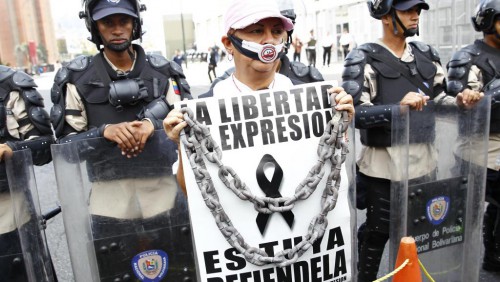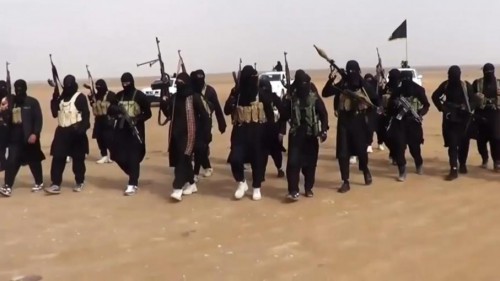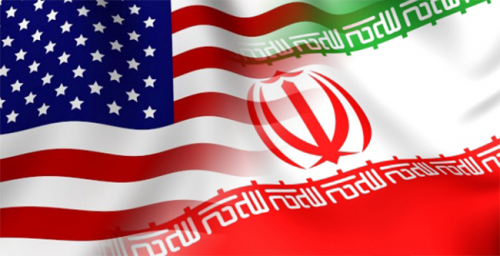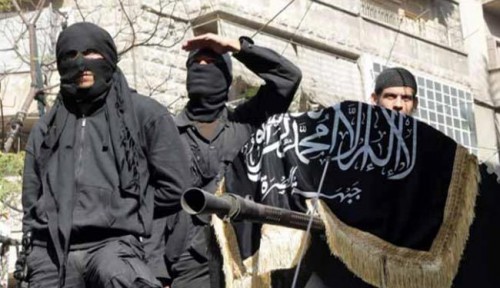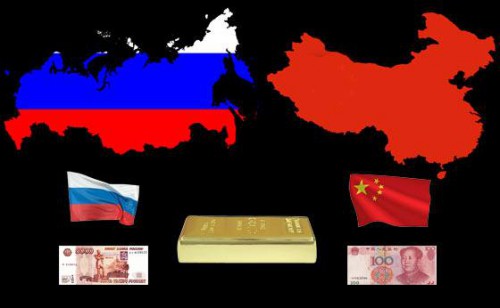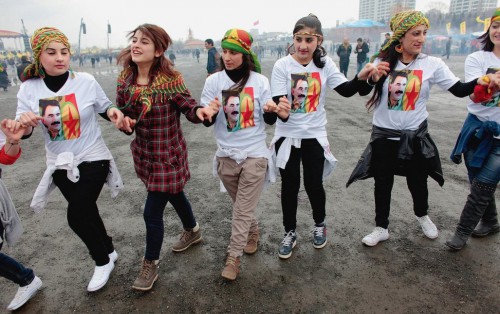“It’s only the tip of the iceberg. A grand geopolitical project is beginning to materialize…”
On June 6 2014, the official Russian news agency Itar Tass announced what many were expecting since at least the beginning of the Ukrainian crisis: Russian main energy company, Gazprom Neft has finally “signed agreements with its consumers” to switch from Dollars to Euros (as transition to the ruble) “for payments under contracts”.
The announcement that the agreement has been actually signed and not just discussed was made by Gazprom’s Chief Executive Officer, Alexander Dyukov.
Despite the pressures from Wall Street and its military, propaganda and political apparatus, 9 out of 10 consumers of Gazprom’s oil and gas agreed to pay in Euros. Of course, the big watershed was the Gazprom unprecedented 30-years $400Bl natural gas supply to China signed in Shanghai last May 21 in the presence of President Putin and President Xi Jinping in the middle of the Anglo-american sponsored violent destabilization of Ukraine. In fact it is improper to talk a dollar denominated $400Bl, because this “biggest deal” will not be using dollars but the Renminbi (or Yuan) and the Russian Ruble. It links China and Russia economically and strategically for three decades, de facto (and maybe later also de jure) creating an unshakable symbiotic alliance that necessarily will involve the military aspect.
The Russia-China agreement is a clear defeat of the obsessive geopolitical attempts by Wall Street to keep the two country in a situation of competition or, ideally, war-like confrontation. It changes the structure of alliances. It strikes at the historical foundations of British colonial geopolitics (Divide and Rule). Under escalating pressures and threats to their national security, Russia and China overcame brilliantly historical, ideological, cultural differences which had previously been been by the colonial powers (and their financial heirs in Wall Street and the London’s city) for their “Divide & Conquer” strategy.
Furthermore, to the horror of London and Washington, China and Russia concluded an agreement with India (the BRICS!) breaking the other holy tenet of British colonial geopolitics: The secret to controlling Asia, and thus Eurasia has always been to instigate a perennial rivalry between India, China, and Russia. This was the formula for the 19th century “Great Game”. This was why Obama was selected to succeed George W Bush. The then vice Presidential candidate Joseph Biden announced it very openly on Aug 27 2008 at the Democratic Convention in Denver, explaining why the Obama-Biden duo had been chosen to take over the White House. The greatest mistake of the Bush administration and the Republicans, he said, was not their atrocious unchained warmongering, but their failure
“to face the biggest forces shaping this century. The emergence of Russia, China and India’s great powers”. Zbigniew Brzezinski’s protégé Barack Obama was to defeat this “threat”. Obviously they failed! But this explains the dogged, irrational, King Canute-style self-destructive arrogance that has taken over the present Administration.
The significance of these developments should be emphasized in relation to both the real economy and the underlying financial structures. These developments in Eurasia are likely to have weaken on “the chains that have tied the European Union to Wall Street and the City of London”. The end of the dollar payment system (Aka Petro-dollar) does not concern the currency of the United States or the United States as such. In fact overcoming this system could mean the restoration of a rational and prosperous economy in the United States itself. What is known as “dollar system” has been just an instrument of feudal financial centers to loot the economy of the world. These centers are ready to do anything to save their right to loot. It is well known that whoever tried, until now, to create an alternative to the dollar system, met a ferocious reaction.
It is fitting to remember in this moment of great hope, the words of one of the very few great living strategists, Gen. Leonid Ivashov. On June 15 2011, reflecting on the savage destruction of Libya, the general who is an unofficial spokesman of the Russian armed forces and has been Russia’s representative in NATO, wrote
“BRICS and the Mission of Reconfiguring the World.”
Whoever challenges the dollar hegemony, explained Ivashov, becomes a target.
He gave precise examples: Iraq, Libya, Iran:
“the countries which defied dollar dominance invariably came under heavy pressure and in a number of cases – under devastating attacks.” But the “the financial empires built by Rothschilds and Rockefellers are powerless against the five largest civilizations represented by the BRICS.”
Thus, Ivashov advocated a coordinated strategy by countries representing half of the world population to win their independence using their own currency.
“The shift to national currencies in the financial transactions between the BRICS countries should guarantee an unprecedented level of their independence…”
Since the collapse of the USSR, the countries which defied dollar dominance invariably came under heavy pressure and in a number of cases – under devastating attacks. Saddam Hussein –who banned dollar circulation in all spheres of Iraq’s economy including oil trade– was displaced and executed and his country was left in ruins. M. Gaddafi started switching Libya’s oil and gas business to gold-backed Arab currencies and air raids against the country followed almost immediately… Tehran had to put its plan to stay dollar-free on hold to avoid falling victim to aggression.
Still, even enjoying unlimited US support, the financial empires built by the Rothschilds and Rockefellers are powerless against the five largest civilizations represented by countries accounting for nearly half of the world’s population. BRICS is clearly immune to forceful pressure, its member countries do not appear vulnerable to color revolutions, and the strategy of provoking and exporting financial crises may easily backfire.
In contrast to the US and the EU, BRICS countries altogether own natural resources sufficient not only to keep their economies afloat in the settings of contracting availability of hydrocarbon fuels, food, potable water, and electric power but also to sustain vigorous economic growth. The shift to national currencies in the financial transactions between the BRICS countries should guarantee an unprecedented level of their independence from the US and from the West in general, but even that is only the tip of the iceberg. A grand geopolitical project is beginning to materialize
Now it’s the moment for Europe to decide the big step. The Ukrainian crisis is in reality a Battle for Europe.
The elites of Continental Europe — The Germany of Alfred Herrausen, the France of Charles De Gaulle, the Italy of Enrico Mattei and Aldo Moro, the Europe that tried to road of sovereignty and independence … have been until now terrorized and threatened exactly in the terms explained by Gen Ivashov. Now the Battle for Europe is raging. We will look in a coming article at the great European forces, the silent partners, still traumatized and scared, who are looking with trepidation and painful memories of the past defeats at the firm stand of Russia.
www.globalresearch.ca/grand-geopolitical-project-russias-gazprom-signs-agreement-to-abandon-the-dollar/5386045" data-title="Grand Geopolitical Project: Russia’s Gazprom signs Agreement to Abandon the Dollar">



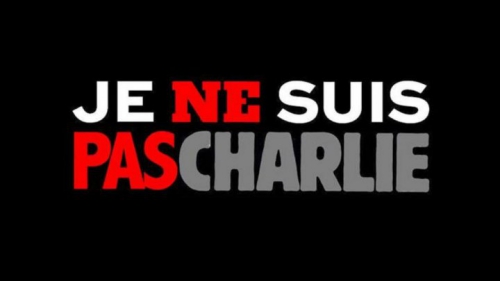

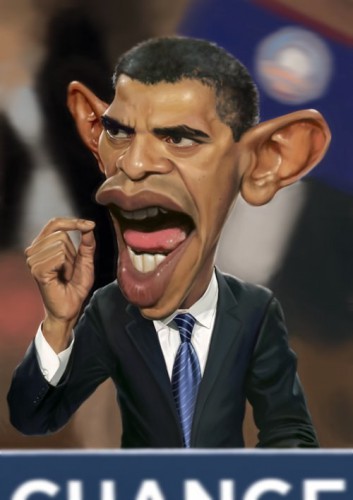 The United States is wagging its finger at Zimbabwe,
The United States is wagging its finger at Zimbabwe, 